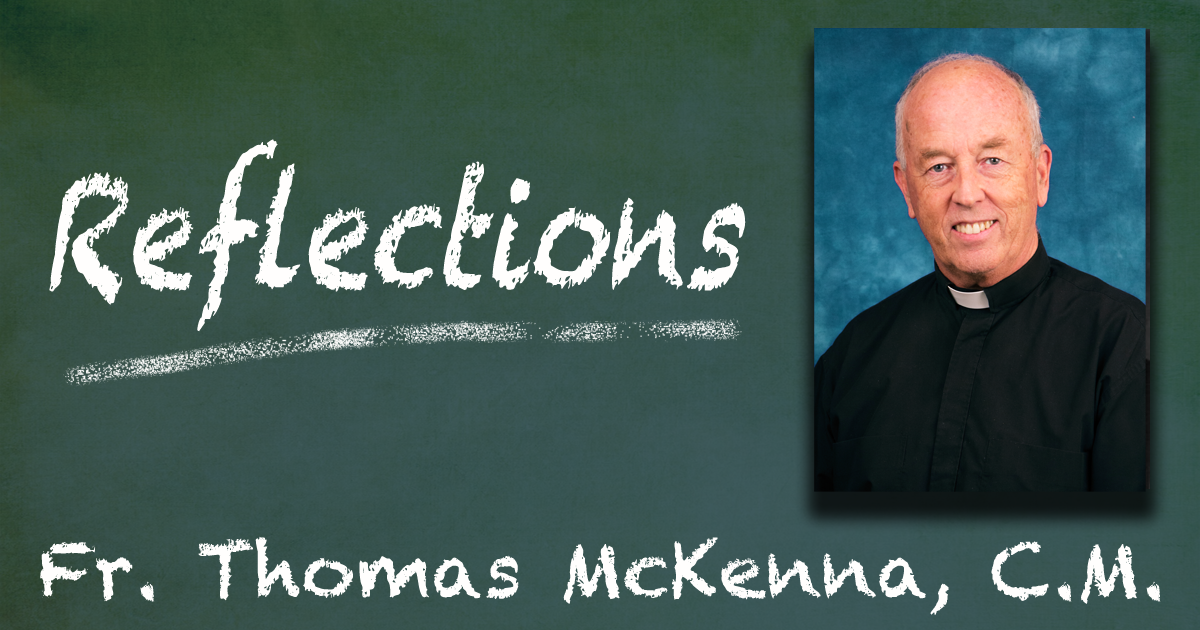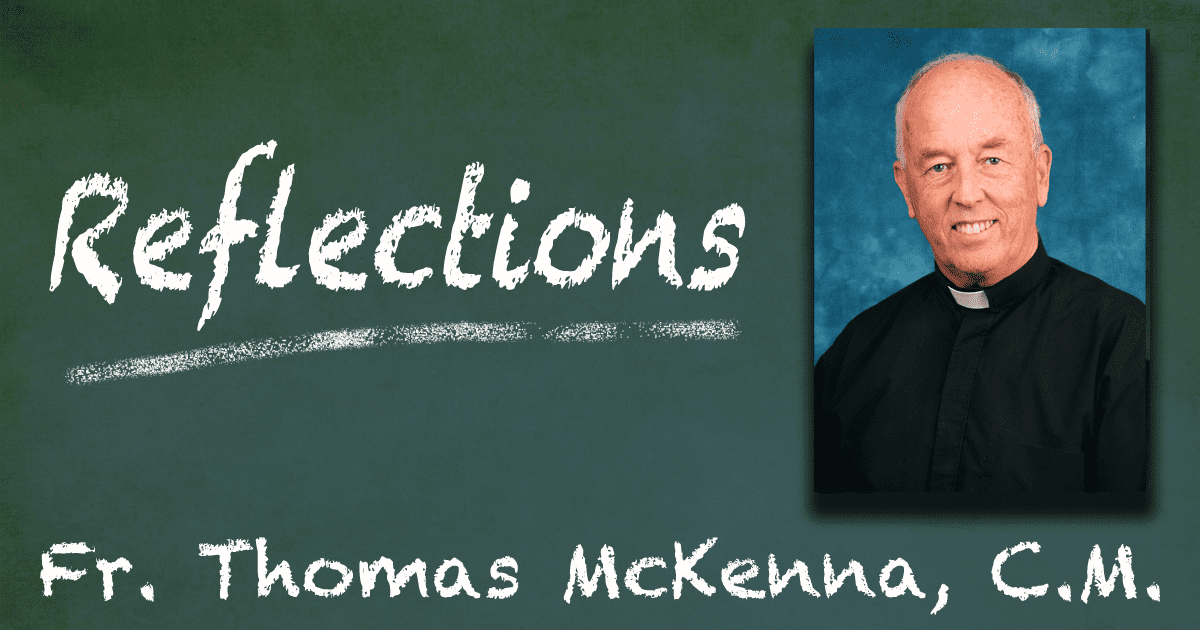The Defining Backdrop

The Defining Backdrop (Gen. 17:5-9; Jn. 17)
In the middle of Genesis, we come across the classic phrasing of a central theme running all through both Testaments of the bible, the Covenant. After telling Abraham He will make him the father of nations, Yahweh says, “I will maintain my covenant with you and your descendants after you throughout the ages as an everlasting pact to be your God and your descendant’s God… And I will be your God and their God.” Then says Yahweh, “On your part, you and your descendants after you must keep my covenant throughout the ages.”
As spelled out with Moses, the prophets and most fully with Jesus Himself, what is before us is a two way agreement, a contract, a pact. “I will covenant with you (i.e., love you, protect you, be with you in both intent and in deed). And you will keep the terms of my covenant (i.e., the Law and the Beatitudes)
And so, how might we understand that mutual agreement?
One way is on the analogy of most any contract. “I will do this, if you do that. If you don’t do that, I’ll void the agreement. If you don’t obey these commandments, I’ll pull back on my end of things not showing you my love and protection.”
From various misplaced emphases examples through the ages, you know this isn’t the way to understand the arrangement. And you know it much more from God’s love (as shown in the way Jesus Christ faced rejection) that there’s something wrong with this view. There’s got to be some other way of looking at this pact.
I think you could express it something like this. The command to keep the commandments (including the beatitudes) is a real command. It can’t be discounted or thrown off. But keeping those commands (or not) is set against a much more encompassing and all-embracing background. And that is, God’s fathomless love that always keeps on coming, that can’t be shut out by our lukewarm or even rebellious response. Even though keeping our side of the bargain is a non-negotiable, at a still more fundamental level there’s a “no-matter-whatness” to God’s side of things. Here is a faithfulness that overcomes any unfaithfulness, that keeps on keeping on no matter what.
This is indeed a true stretch of anyone’s imagination, almost to the point of breaking it apart. Stories, much more than logic, help to get it across.
The one I’m thinking of is from the recent movie about the Jesuit missionaries in China, The Silence. In it there’s a character whom you might call the perpetual penitent, and indeed penitent from serious sin.
In the beginning, you see the persecuted Christians holed up together with the newly arrived Jesuits in caves by the sea living in fear that someone will betray them. The Judas figure makes his move and they are all herded off. Then this man, in sincere sorrow, approaches one of the Jesuits for absolution and the priest absolves him. The people come through and escape to another location – and the same person, for money again, turns traitor and many are killed. He again comes for absolution – and the priest absolves him.
This same sequence of betrayal and sincere repentance and absolution happens once more – and then once more again. And you see the Jesuit progressively straining himself to speak those words of forgiveness, shaking his head and looking up to the heavens for strength even to the point of not believing them himself as if this kind of forever-forgiveness is far beyond him. Later after a final betrayal of the priest, the betrayer is paraded by on the way to his own execution. He screams out for still more sacramental forgiveness – and the priest gives it.
As the picture ends, the priest himself does what all along seemed to be the unthinkable and unforgiveable: he denounces Jesus as his Lord. But strangely, soon after that he seems to be able to take up life with a kind of peace. It’s a development that doesn’t make sense in light of all the sacrifice he’s gone through the sake of Jesus, especially when remembering back to all the heartfelt protestations of Gospel faith he’s made all along.
And so while the movie itself doesn’t draw any clear conclusions, one of the possibilities is this.
- Could it be that this priest, in contorting his insides and twisting around his soul to keep on forgiving that chronic betrayer, came to see a little of that “no–matter-whatness” of God?
- Could it have been that he, in having to choke up the words of absolution over and over again, got a glimpse of God’s unswerving fidelity, God’s unconditional standing-by, God’s everlasting covenant?
- Could he have seen the difference between his broken history of keeping the covenant and God’s undying, always-there response — and in that found what appeared to be an underlying peace?
The seeming “quid pro quo” of the covenant has to be something more than that equation. But it’s a something that can’t be captured in concepts and syllogisms. It needs a story.
And isn’t that just The Story that all of us Christians move through in this week, the one we so rightly Holy Week? And isn’t it the deepest backdrop of our own Vincentian story?







0 Comments